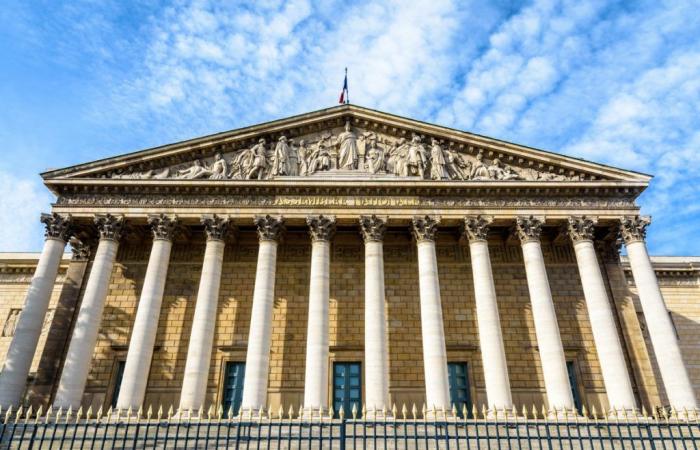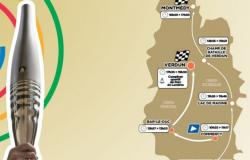A few days before the first round of the legislative elections, the political future remains uncertain. Already, several scenarios are possible after the elections.
On the sidelines of the legislative elections, the first round of which will take place this Sunday, June 30, voting intentions are mainly for the RN as well as the New Popular Front. The question of the governance of the country arises.
The absolute majority
For the moment, the polls do not envisage an absolute majority. Currently, three parties seem “solid”: Ensemble (the presidential majority), the New Popular Front as well as the National Rally and its allies. To obtain an absolute majority, at least 289 deputies must be elected out of the 577 seats to be filled. In this case, the government would be constituted at the goodwill of this majority.
For example, if the National Rally obtains an absolute majority, Jordan Bardella would be proposed to be Prime Minister. He would then form his own government.
If the presidential party wins, Gabriel Attal could continue to occupy the post of Prime Minister. In office for only five months, he asked the French to reappoint him in office during the legislative elections. However, the President of the Republic mentioned a possible enlargement of the central bloc, which would call into question the reappointment of Gabriel Attal.
Finally, if the New Popular Front wins a majority of seats, the name of a Prime Minister has not yet been designated. If Jean-Luc Mélenchon had been nominated as a candidate for office during the 2022 elections, the current context is hardly favorable to him, with the alliance of the left preferring other names and could organize an internal vote to choose his representative at Matignon.
the relative majority
According to polls, this scenario would be the most likely. According to our latest Opinionway barometer for CNEWS, Europe 1 and the JDD of June 20, the three leading parties bring together: 35% voting intention for the National Rally and its allies, 27% for the New Popular Front and the candidates supported by Ensemble would be 20%. None of the three parties would win an absolute majority, so they will have to compromise.
Problem is, the Palais-Bourbon would therefore be constantly under threat of a motion of censure. Currently, Emmanuel Macron and his Ensemble party have 244 seats, his opponents: New Popular Union has 127 deputies and the National Rally 89. It is therefore simpler to govern with a certain majority in the Assembly.
In this case, it would then be necessary to arrange the roles as well as the choices made by the deputies during their mandate. An objective clearly stated by Emmanuel Macron who wants a “federation of projects”. He explained: “It’s not who loves me who follows me, it’s the desire to build consensus, to weave compromises,” reported AFP.
Opponents of the current presidential majority do not see this scenario as easy. At the microphone of CNEWS, on June 18, Jordan Bardella, then elected MEP, said: “If there is a relative majority, the Prime Minister cannot act.” Constitutionalist Anne Levade explained: “The hypothesis of a Prime Minister very politically marked on one side or the other seems the least likely, because he would struggle to achieve a clear majority in the Assembly.”
Institutional blockage or unexpected coalition?
In this third probable scenario, the three main competitors for the parliamentary majority have no chance of reconciling. Two of them oppose the presidential party, which makes the task of the Prime Minister and his government particularly difficult to pass laws before the deputies. Neither the RN nor LFI seem willing to compromise. A political crisis could then mark the history of the Fifth Republic, where France would be without a government.
If some argue that the President of the Republic could trigger article 16 of the Constitution, the hypothesis seems unlikely. Theoretically this tool would allow him to obtain “full powers”. In a context where public power could not function normally, the Head of State could exercise regulatory power and take decisions relating to the functions of Parliament without any constraint. But there are numerous safeguards surrounding this constitutional article which make its use complicated, not to mention the signal sent to the French from a head of state who would grant himself exceptional powers in a democratic country.






